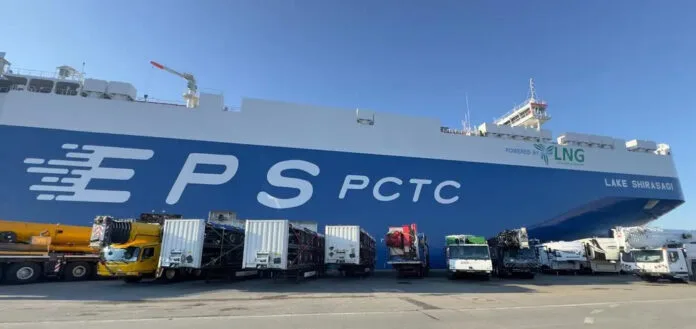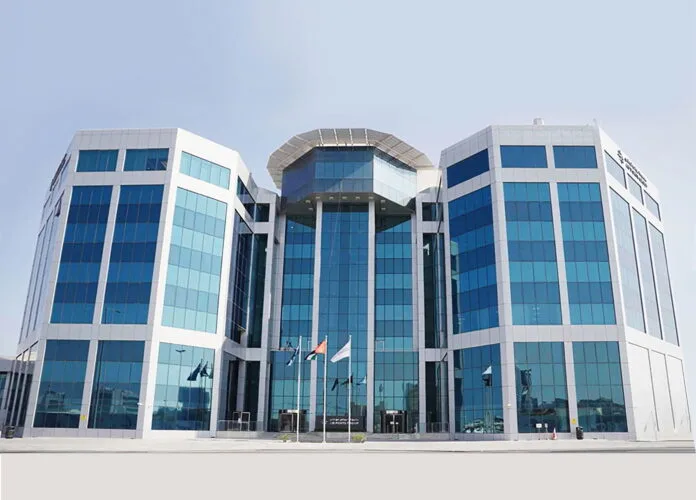The United States and Saudi Arabia have launched a coordinated push to stall and potentially derail the International Maritime Organization’s (IMO) Net-Zero Framework (NZF), a landmark climate measure that aims to introduce a global carbon price for shipping.
On the second day of this week’s extraordinary Marine Environment Protection Committee (MEPC) meeting in London, both nations proposed a procedural shift that could delay or even block the NZF from entering into force.
Washington and Riyadh called for the IMO to abandon its long-standing tacit acceptance process — used since 1973 to implement MARPOL amendments — in favour of the far more cumbersome explicit acceptance method. Under tacit acceptance, new rules automatically take effect 10 months after adoption unless a critical mass of states object. Explicit acceptance, by contrast, would require two-thirds of governments to individually ratify the changes — a process the IMO itself admits “rarely works.”
The US framed its proposal as a safeguard for global trade, describing explicit acceptance as “a simple way to forestall concerns” over the NZF’s potential costs. Saudi Arabia echoed the argument, saying the slower process was necessary given the “deep divisions” within the membership.
However, most delegations — led by Denmark, Canada, Australia, the EU and Kenya — rejected the move outright, warning that it would paralyse future IMO rule-making. “Explicit acceptance sometimes simply does not work,” Brazil told the plenary. India also said the current regime was “crucial” to the organisation’s credibility.
Industry bodies were equally alarmed. The World Shipping Council warned that explicit ratification “invites delay and prolonged uncertainty that might be measured in years or decades,” deterring investment in the zero-carbon fuels needed to meet the IMO’s 2023 greenhouse gas strategy.
In a further twist, China — which voted in favour of the NZF on Tuesday — appeared to back explicit acceptance on Wednesday, deepening uncertainty about the final vote scheduled for Friday.
According to The Guardian newspaper, Saudi Arabia has been offering incentives and covering travel costs for delegates from developing nations to attend the meeting and vote against the NZF, part of a broader diplomatic charm offensive to water down global carbon measures.
With the MEPC now entering its most volatile phase, observers say the fate of the NZF — and the IMO’s authority over global decarbonisation — hangs on whether member states hold the line against procedural sabotage.




















